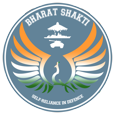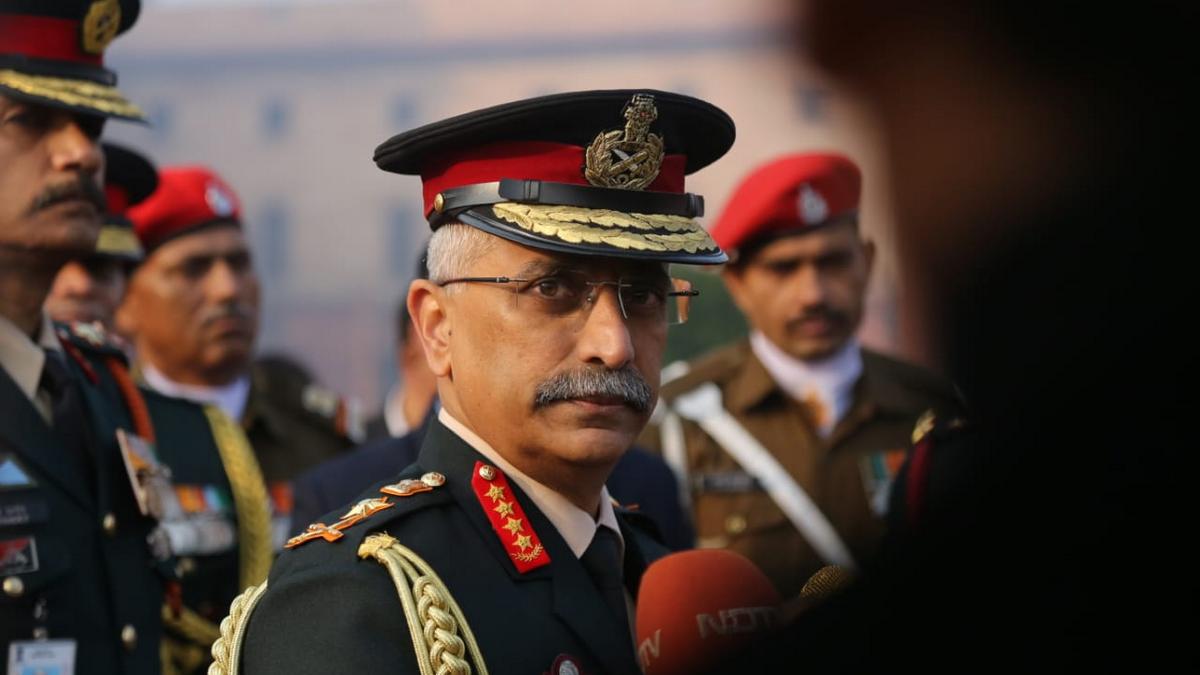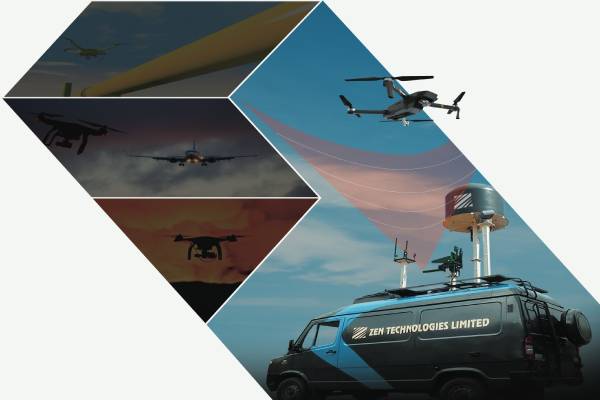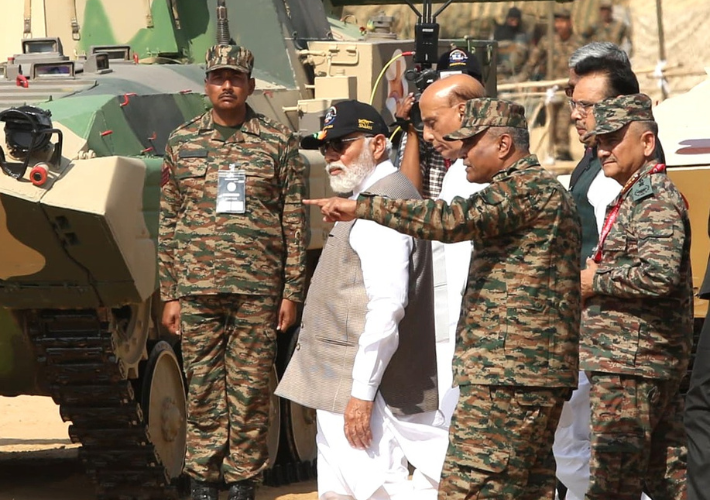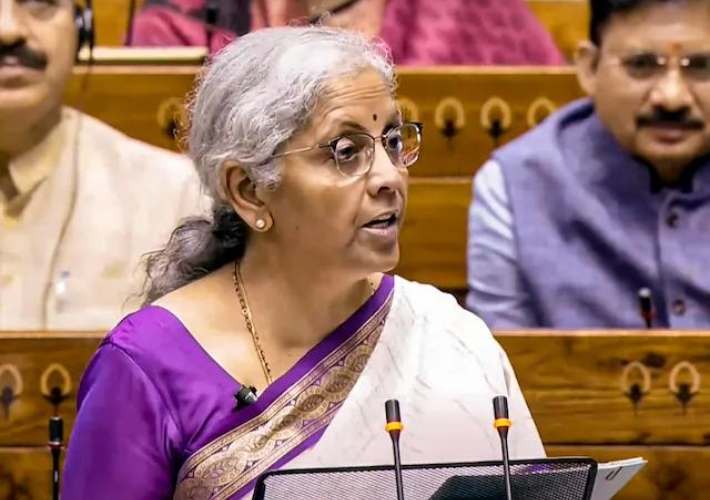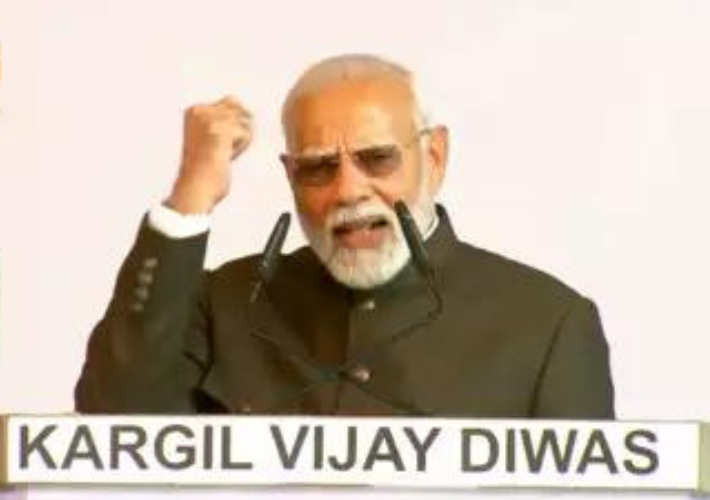Editor’s Note
The Chief of Army Staff (COAS) General MM Naravane virtually delivered the keynote address at the annual seminar on National Security at the College of Defence Management (CDM) on 27 January 2022. His talk dwelt upon the rich world of ancient Indian knowledge that can substantially sharpen our current strategic thinking. The learning and application of these ancient knowledge resources in conjunction with an understanding of contemporary situations and battle-space architecture would aid us in designing a more efficient approach to resolving current National Security challenges.
…………………………………………………………………………………………………………………..
In a veiled reference to China’s expansionist foreign policy, Army Chief General Manoj Mukund Naravane observed that India should harness its ancient knowledge to deal with the evolving geopolitical scenario, where revisionist powers, continue to challenge the global Rules-Based Order. Stressing on the relevance of the Indian ancient knowledge system to the national security and defence management, he said India must look for security options out of realpolitik, in the current challenging geostrategic environment.
The Army Chief was speaking to the College of Defence Management (CDM) on Thursday, he said as India is 75 years old, this knowledge becomes all the more important, as we are confronted with complex security challenges, both in the military and non-military domains. It is therefore imperative, that we encash our own historical knowledge bank, to create credible and enduring security strategies, and derive strength and confidence, from our past to face the future, he added.
Dwelling on the contemporary relevance of the Ancient Indian Knowledge System to National Security, Gen Naravane said “unlike the past, where warfare was well defined, in terms of boundaries, battle spaces, timings, combatants and non-combatants, today’s conflicts are immensely complex. Targeting the mind and the will of the adversary is gaining greater eminence in warfare, characterised by Grey Zone, non-contact, and Information-Cyber-Space domains, across a multitude of flexible warfare strategies”.
The overarching influence of information blitz, has today reached a point where it is as important, to ‘win the war of narratives as it is to achieve tangible gains, and ultimate victory on the ground, he observed.
“Disruptive technologies, are obliterating conventional battle spaces. State and Non-State actors are increasingly operating, in the zone of ambiguity between overt, and clandestine activities and in myriad domains, to achieve their aims. What has essentially changed, are the tools in the hands of the State, and non-state actors, to prosecute a war,” he elaborated.
The COAS talked about the importance of strategic frontiers in dealing with national security. “The canvas of National Security, is of course much broader than mere use of coercive power, to overcome such external and domestic threats. In the emerging security paradigm, India’s security interests have to be ensured, not only along our physical borders, but in the strategic space of the extended neighbourhood and in ‘Strategic Frontiers’, such as economic growth, global decision-making bodies, energy security, technological empowerment, social security, cyber domain and strategic communication,” he observed.
He further said that warfare today is obviously very different, from that in ancient times, and is undergoing exponential changes even so. Military scholars are grappling, to keep pace with the continual change, in military warfare dimensions and technologies. Military doctrines and theories are being overtaken even before their last print is out. Ironically, our knowledge banks, are largely Western publications, and axiomatically we are constrained, to study even our neighbours from distant theorists.
The COAS talked about the importance of strategic frontiers in dealing with national security. “The canvas of National Security, is of course much broader than the mere use of coercive power, to overcome such external and domestic threats. In the emerging security paradigm, India’s security interests have to be ensured, not only along our physical borders but in the strategic space of the extended neighbourhood and in ‘Strategic Frontiers’, such as economic growth, global decision-making bodies, energy security, technological empowerment, social security, cyber domain and strategic communication,” he observed.
He further said that warfare today is obviously very different, from that in ancient times, and is undergoing exponential changes even so. Military scholars are grappling, to keep pace with the continual change, in military warfare dimensions and technologies. Military doctrines and theories are being overtaken even before their last print are out. Ironically, our knowledge banks, are largely Western publications, and axiomatically we are constrained, to study even our neighbours from distant theorists. The Army Chief stressed the need for indigenisation and atmanirbharta and observed that it is as much in thought and outlook, as it is in weapons and equipment. Therefore, it is important that we develop, our own Indian perspectives to challenges, founded on our ancient knowledge base, and tempered with our modern outlook, he concluded.
Team BharatShakti

